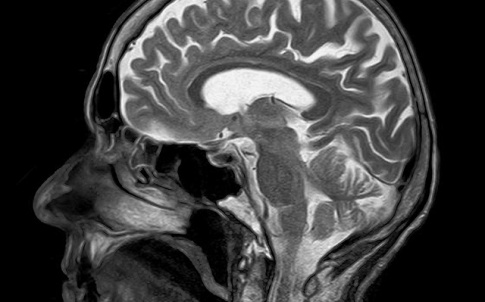Tumour imaging technique promises cancer care boost
A new method for imaging the stiffness of tumours could help improve treatment for range of different cancers, according to a new study.

Published in Cancer Research, the work explored how magnetic resonance elastography was able to detect the level of collagen in different tumours in mice, and how this impacted the stiffness of the tissue. The non-invasive technique can be carried out on conventional MRI scanners. By establishing the architecture and density of cancerous growths, doctors should be better placed to deliver more targeted treatments suited to the composition of individual tumours.
AI detects new breast cancer sub-types and treatments
Infrared imaging shines light on biomarkers in cancer cells
The initial studies found that collagen was a key factor for keeping breast and pancreatic cancers stiff and difficult to treat. Conversely, cancers arising from the nervous system, such as brain tumours, were lacking in collagen and were more receptive to some forms of treatment.
"Our research shows that this new type of scan can give valuable diagnostic information about breast and pancreatic tumours non-invasively by assessing their stiffness,” said study co-lead Dr Simon Robinson, team leader in Magnetic Resonance at the Institute of Cancer Research, London.
Register now to continue reading
Thanks for visiting The Engineer. You’ve now reached your monthly limit of news stories. Register for free to unlock unlimited access to all of our news coverage, as well as premium content including opinion, in-depth features and special reports.
Benefits of registering
-
In-depth insights and coverage of key emerging trends
-
Unrestricted access to special reports throughout the year
-
Daily technology news delivered straight to your inbox










National Gas receives funding to develop Gravitricity underground hydrogen storage system
One single rock salt mine - Winsford - has 23 <i>MILLION </i>cubic metres of void and even allowing for 10% of that void set aside for hazardous waste...